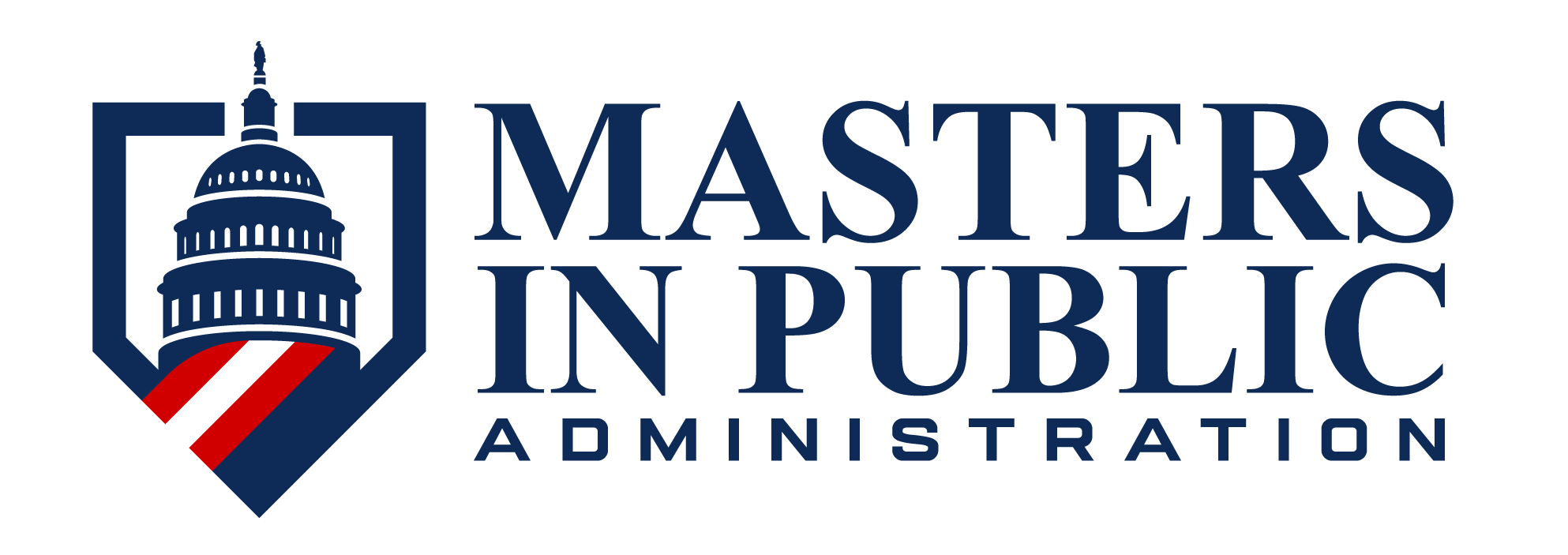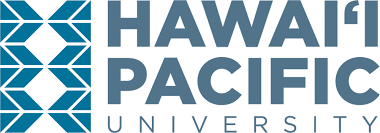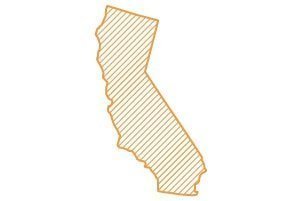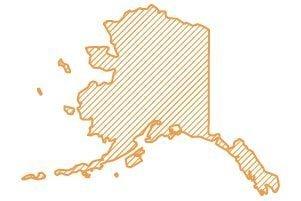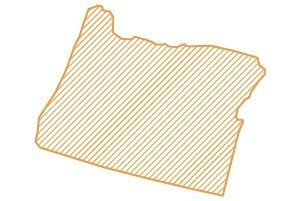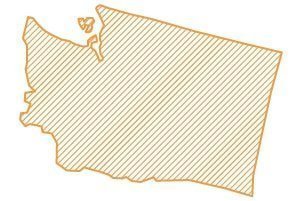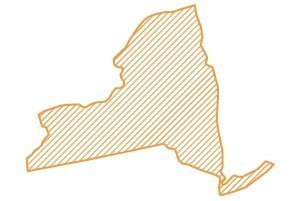Introduction
Living in Hawaii while obtaining an MPA degree offers a blend of natural beauty, cultural richness, and recreational opportunities that make it a truly unique and rewarding experience for students. Whether exploring Hawaii’s stunning landscapes, immersing themselves in its vibrant culture, or embarking on international travel adventures, students in Hawaii are sure to create lasting memories and gain valuable life experiences.
Key State Takeaways:
- Total MPA Programs Statewide: 2
- NASPAA-Accredited Programs: 1
- Annual Resident Tuition Average: $12,000 (PYR)
- Annual Non-Resident Tuition Average: $24,000 (PYR)
- Program Formats Offered: On-campus (evening), online
- Average Starting Salary: $60,000
ADVERTISEMENT
Walden University
Online Public Policy and Administration Programs
Walden University’s Public Administration programs are taught by a distinguished faculty of scholar-practitioners, many of whom have senior-executive experience in government and public service. Programs include:
Arizona State University
Online Master of Public Administration (MPA)
ASU’s Online Master of Public Administration provides students with a curriculum that covers leadership strategies, ethical decision-making, and effective management across various organizations.
Liberty University
Online Master of Public Administration (MPA)
Liberty University’s Master’s Degree in Public Administration Online is designed to equip students with a thorough background in the theories and practices essential for success in government and nonprofit roles. MPA areas of focus include:
Southern New Hampshire University
Online Public Administration & Political Science Degrees
Stand up and be counted with a degree in public administration/political science from Southern New Hampshire University—and learn how to facilitate change from within the system. Program offerings include:
NASPAA-Accredited MPA Programs in Hawai’i
NASPAA-accredited programs provide students with confidence in the quality of their degree and enhance their credibility in the job market. Additionally, NASPAA accreditation can open doors to a wider range of career opportunities, as many employers prefer candidates who have graduated from accredited programs. The University of Hawai’i at Manoa has been accredited by NASPAA for their MPA program:
University of Hawai’i at Manoa
- Honolulu, HI.
- 36-39 Credit Hours
- Campus
Program:
Masters of Public Administration (MPA)
Program Overview:
UH Mānoa’s MPA is a 36–39 credit, NASPAA-accredited program with small cohorts (≈20–25) that blends management, budgeting, analytics, and leadership with Hawaiʻi- and Asia-Pacific–relevant practice. Most early-career students complete a practicum and all complete a capstone, making this a strong choice if you want close faculty access, a tight-knit cohort, and applied projects connected to government and nonprofit partners across the islands.
Unique Components:
- Degree Tracks: Concentrations in Public Service Leadership, Nonprofit Management, and Public Policy. Cohort-based advising and Pi Alpha Alpha honor society opportunities.
- Real-World Experience: 120-hour practicum with a public/nonprofit host (most students), plus a capstone seminar that synthesizes applied analysis and leadership skills. The program emphasizes collaboration with Hawaiʻi agencies, NGOs, and communities.
Key Data Highlights:
- Format: On-campus (accelerated)
- Accreditation: NASPAA, WASCACCJ
- Credit Hours: 36-39
- GRE: Not required
- Resident Tuition: $650 (PCH)
- Non-Resident Tuition: $1,402 (PCH)
Other Considerations:
- Fall admission only for the MPA (deadline April 30); certificate deadlines may differ. The program’s mission centers on leadership for Hawaiʻi, the U.S., and the Asia-Pacific; advising supports elective customization and practicum placement. Check the current tuition schedule and catalog for updates before budgeting.
Non-Accredited Schools
While NASPAA is a helpful quality signal, Hawaiʻi’s non-NASPAA MPA options can still be smart picks if you need online flexibility, faster pacing, or lower total cost. These programs are regionally accredited, emphasize applied learning (capstones, client projects, internships), and connect to island-relevant work in tourism/destination management, climate and coastal resilience, housing, public health, and Native Hawaiian community engagement.
Hawai’i Pacific University
- Honolulu, HI.
- 36 Credit Hours
- Online + Campus
Program:
Masters in Public Administration (MPA)
Program Overview:
HPU’s MPA is a 36-credit, one-year accelerated degree you can complete in person or fully online, organized in six back-to-back 8-week terms with a fixed, skills-forward curriculum and a culminating Capstone. It’s a pragmatic option if you want flexible scheduling in Hawaiʻi, small-cohort attention, and the ability to layer a targeted graduate certificate (MPA+) for added specialization—without a GRE.
Unique Components:
- Degree Tracks: Fixed-curriculum MPA with an optional MPA+ add-on (choose one graduate certificate between fields of Criminal Justice, Nonprofit Management, Public Service Management, Ethics in Public Service, or Public Budgeting & Financial Management).
- Real-World Experience: The curriculum culminates in a Capstone applying methods, budgeting/finance, and management tools to a practice problem; downtown Honolulu location places students near state/local agencies and nonprofits for projects and networking.
Key Data Highlights:
- Format: On-campus and online
- Accreditation: NASPAA, WSCUC
- Credit Hours: 36 (8-week terms)
- GRE: Not required
- Resident Tuition: $1,030 (PCH)
- Non-Resident Tuition: $1,840 (PCH)
Other Considerations:
- MPA+ lets you stack a four-course certificate alongside the MPA (aid can carry over when enrolled in MPA+).
- HPU lists military/DoD tuition discounts on the program page (check the current tuition page for your cohort’s rate/eligibility).
ADVERTISEMENT
Walden University
Online Public Policy and Administration Programs
Walden University’s Public Administration programs are taught by a distinguished faculty of scholar-practitioners, many of whom have senior-executive experience in government and public service. Programs include:
Arizona State University
Online Master of Public Administration (MPA)
ASU’s Online Master of Public Administration provides students with a curriculum that covers leadership strategies, ethical decision-making, and effective management across various organizations.
Liberty University
Online Master of Public Administration (MPA)
Liberty University’s Master’s Degree in Public Administration Online is designed to equip students with a thorough background in the theories and practices essential for success in government and nonprofit roles. MPA areas of focus include:
Southern New Hampshire University
Online Public Administration & Political Science Degrees
Stand up and be counted with a degree in public administration/political science from Southern New Hampshire University—and learn how to facilitate change from within the system. Program offerings include:
Career Outlook
Hawaii indeed offers a unique and dynamic environment for MPA graduates, with a range of job opportunities that are specific to the state’s culture, government structure, and geographic location. Here are some MPA jobs that are particularly unique to Hawaii:
- Cultural Resource Manager: Given Hawaii’s rich cultural heritage and diverse population, cultural resource managers play a crucial role in preserving and promoting Hawaiian culture. They work to protect and manage cultural sites, artifacts, and traditions, ensuring they are respected and preserved for future generations.
- Environmental Policy Specialist: Hawaii’s unique geography and fragile ecosystems make environmental conservation a top priority. Environmental policy specialists work to develop and implement policies that protect Hawaii’s natural resources, including its oceans, forests, and wildlife.
- Community Development Planner: Hawaii’s communities are diverse and often face unique challenges related to housing, infrastructure, and economic development. Community development planners work to address these challenges by creating plans and programs that improve the quality of life for residents while preserving Hawaii’s cultural identity.
- Tourism Management Specialist: Tourism is a major industry in Hawaii, and tourism management specialists play a key role in ensuring its sustainability. These professionals work to develop and implement policies that balance the economic benefits of tourism with the need to protect Hawaii’s natural and cultural resources.
- Indigenous Affairs Liaison: With a significant indigenous population, Hawaii has a strong focus on indigenous rights and issues. Indigenous affairs liaisons work to promote dialogue and collaboration between indigenous communities and government agencies, advocating for the rights and interests of indigenous Hawaiians.
In Hawaii, the intersection of culture and government is particularly pronounced, with a strong emphasis on community engagement and cultural sensitivity in policymaking. MPA graduates in Hawaii have the opportunity to work in roles that require a deep understanding of Hawaiian culture and values, allowing them to make a meaningful impact on the communities they serve.
All MPA Programs in Hawai’i
| School Name | Degree Program Name | State | City | NASPAA Accredited | Online Degree | Program Link |
|---|---|---|---|---|---|---|
| University of Hawai'i at Mānoa | Master Of Public Administration | Hawaii | Honolulu | No | Yes | https://puba.manoa.hawaii.edu/academic-program/mpa/ |
Frequently Asked Questions (FAQ)
Q: Where do students typically intern or do practicum work?
A: State departments, county agencies, Native Hawaiian organizations, nonprofits, hospitals/health systems, and conservation or tourism entities.
Q: What skills help me stand out in the Hawaiʻi job market?
A: Grants/compliance, budgeting and procurement, program evaluation, community engagement with cultural competence, and data tools (Excel/Power BI/GIS).
Q: What kinds of employers hire MPA grads in Hawaiʻi?
A: State and county governments, UH system units, nonprofits and NGOs, tourism and healthcare organizations, and federal partners based in the islands.
Q: How’s the cost of living and can I work while studying?
A: Cost of living—especially housing—is high around Honolulu; many students work part-time or choose online/hybrid pacing to balance costs.
Q: Do I need a car?
A: In Honolulu, transit and biking can work for many routines; for off-campus jobs, inter-island travel, or outer-island roles, a car is often helpful.
